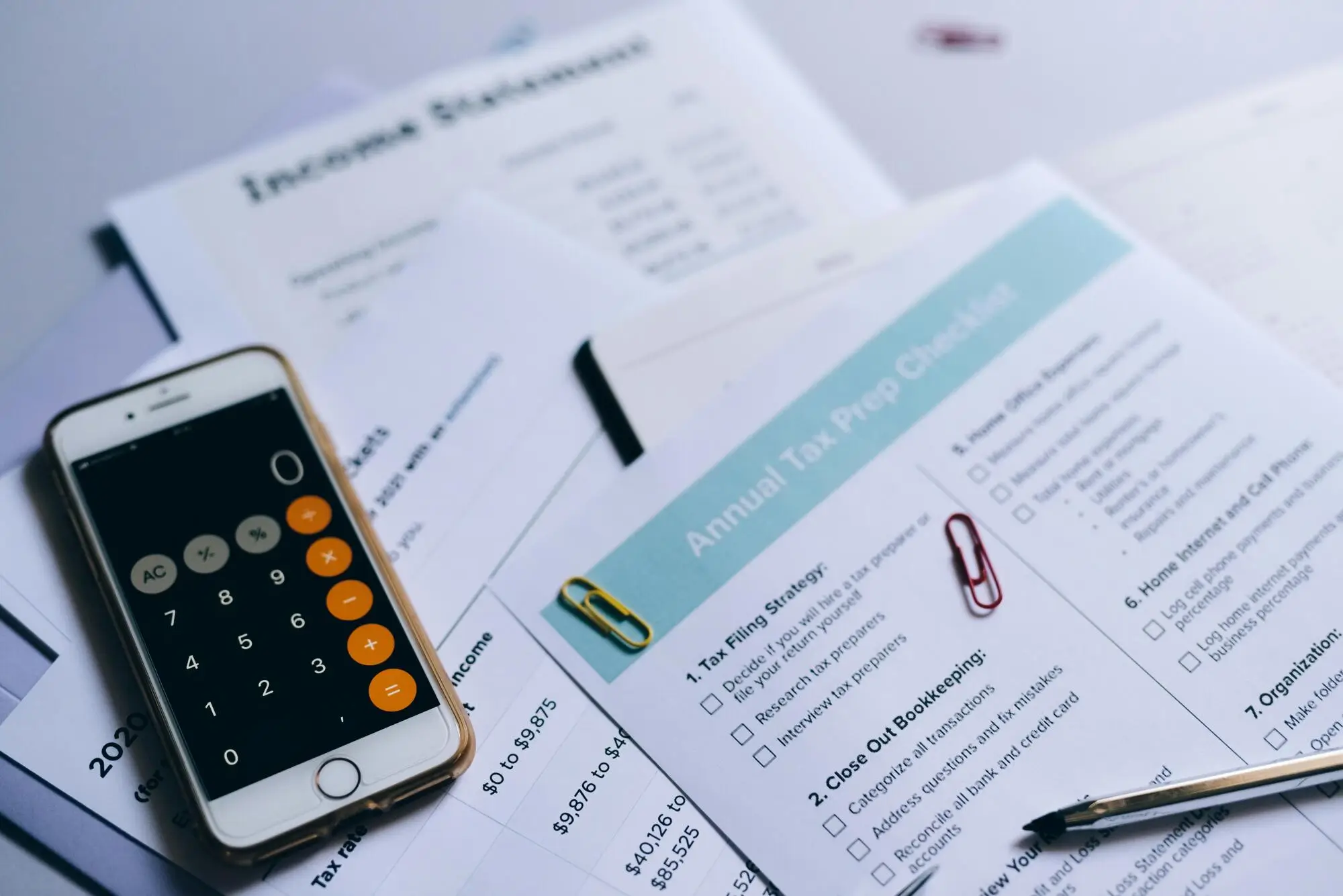According to HUD, there are between ten to eleven million landlords in the United States. Being a landlord can certainly be a profitable investment for individuals. Unfortunately, it does have a habit of making taxes a lot more complicated. The good news is that once you get the hang of dealing with landlord taxes and develop some strategies, it gets a lot easier.
So what do you need to know about landlord tax statements and 1099s? And what are some common reporting challenges? In this landlord tax advice guide, we'll answer these questions so your next tax season goes as smoothly as possible.
Understanding 1099 Forms
Understanding the different types of 1099 forms is crucial when managing rental taxes. The 1099-MISC reports miscellaneous income, including rental payments if applicable. The 1099-NEC, on the other hand, is required for payments of $600 or more to non-employee contractors, such as plumbers, electricians, or landscapers.
Knowing when and how to use these forms can help property managers avoid IRS penalties. For example, if you hire a contractor to repair a rental property and pay them more than $600 during the year, you'll need to issue a 1099-NEC to both the contractor and the IRS.
Key Responsibilities for Property Managers
Property managers play a critical role in ensuring accurate tax reporting. Collecting W-9 forms from landlords early in the process is essential, as these forms include the tax identification numbers needed to complete 1099 filings. Tracking rental income and contractor payments throughout the year is another key responsibility, and using proper accounting strategies can streamline this process.
Meeting filing deadlines is also vital. Typically, 1099 forms must be sent to landlords and contractors by January 31st and filed with the IRS by the same date. Property managers who handle these tasks systematically can make the tax season much smoother for themselves and their clients.
Common Tax Reporting Challenges
Tax reporting is not without its challenges. Missing or incorrect information is a common issue that can cause delays. This can often be prevented by verifying landlord and contractor details well before filing deadlines. Last-minute scrambles to organize records are another frequent problem, so maintaining consistent and accurate records throughout the year is so important.
Tools like QuickBooks or AppFolio can simplify property tax procedures and ensure that nothing slips through the cracks. Staying informed about tax law changes is also critical, as the IRS frequently updates reporting requirements.
The Importance of Staying Proactive
Landlord tax compliance is a cornerstone of successful property management. By understanding the role of 1099 forms, staying organized, and addressing challenges proactively, property managers can ensure a smooth tax season for both landlords and contractors. Proactive record-keeping, regular information verification, and the use of technology can save time and prevent mistakes.
If managing taxes feels overwhelming, then it's a clear sign you should consult with a professional management company that can help with taxes.
Need Help With Tax Statements and 1099s? Contact PMI4U
We hope this 1099 filing tips guide helped you learn more about tax statements and 1099s for landlords. Here at PMI4U, we know how confusing this topic can get. Luckily our team has decades of experience with accounting and tax reporting. So if you're ready to make this next tax season easy, get in touch with us today.


